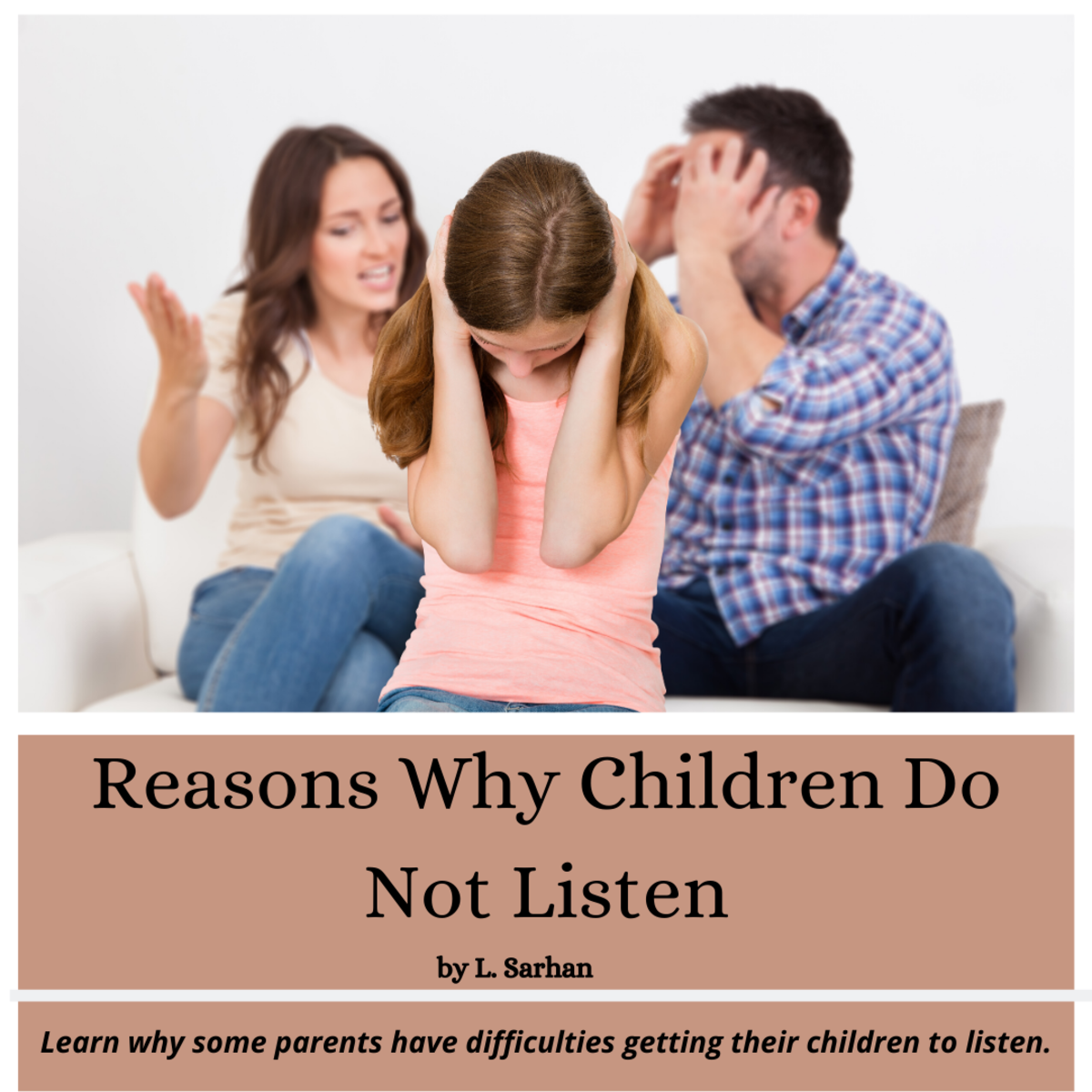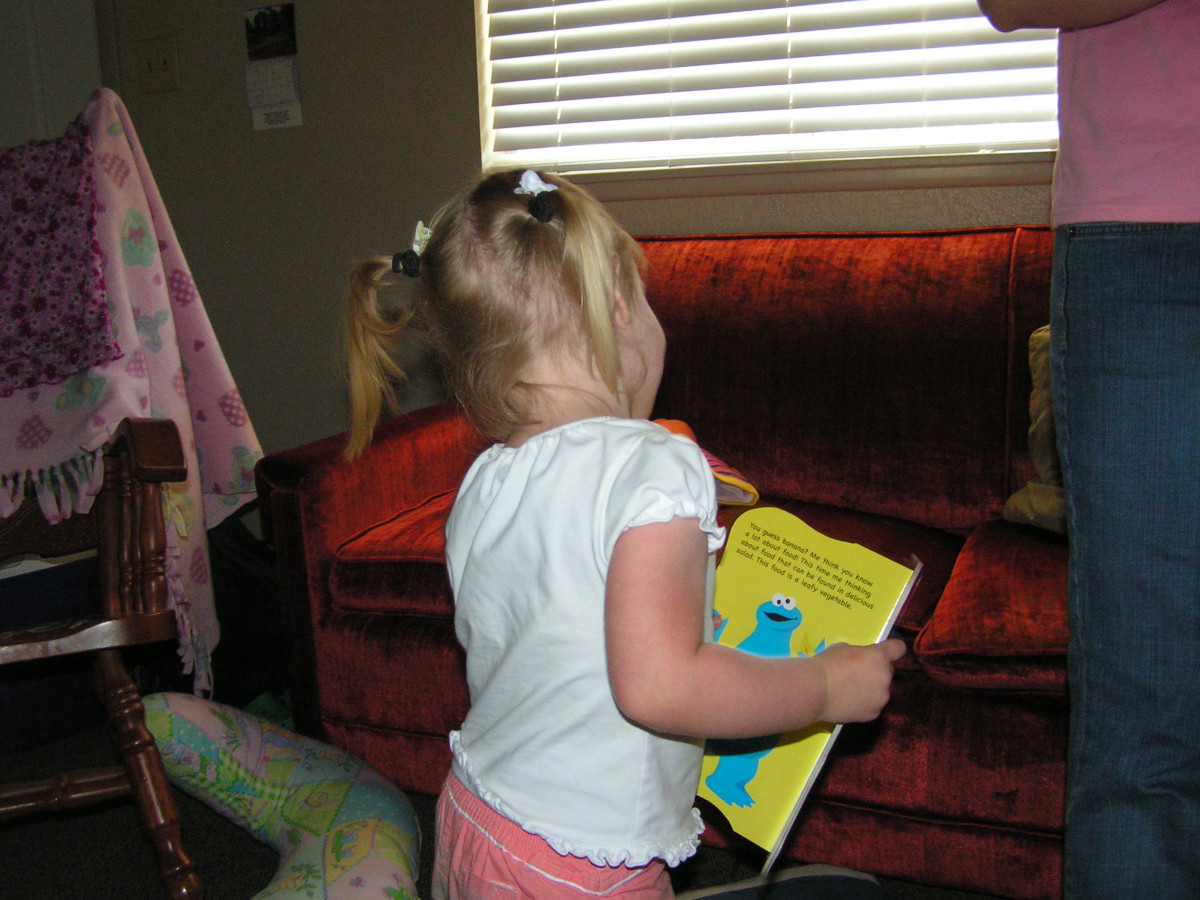How to keep your child safe online

What are the potential risks?
Recent research by EU Kids Online found that compared with 2010, European 11 to 16 year olds are now more likely to be exposed online to:
- hate messages
- pro-anorexia sites
- self-harm sites
- cyberbullying (which is becoming increasingly common in secondary schools via mobile phones, blogs, chat rooms and social networking sites)
- online content that they find upsetting.
Other potential problems include:
- grooming
- the early sexualisation of childhood
- predatory paedophiles
- inappropriate postings on social networking sites.
It is also important that commercial risks are not ignored. Children are increasingly exposed to immersive advertising, pop-ups and banner adverts, unsuspectingly running up mobile bills, downloading illegal content and viruses and the marketing of products through virtual worlds.
EU Kids Online also found that children are accessing the internet on more personal devices such as mobile phones and tablets, in places other than the home (primarily due to Wifi) and at increasingly younger ages. It would appear therefore that the risks that children are exposed to when using the internet are rising.
Children themselves report being concerned about the risks they are exposed to whilst online and the worries of those children surveyed included:
- Coming across pornography
- Violent, aggressive or cruel content
- Violence against the most vulnerable members of society such as children and animals
- Girls particularly report worries about contact risks.
It is therefore more important than ever to be aware of what our children are doing when they are online and the steps that can be taken to keep them safe.
What do children use the internet for?
The most popular online activities for 11 to 16 year olds were found by EU Kids Online to be:
- Visiting a social networking profile
- Using instant messaging
- Watching video clips
- Using the internet to complete schoolwork
- Playing games with other people on the internet.
The least popular activities included:
- Creating a character, pet or avatar
- Using file sharing sites
- Spending time in virtual worlds
- Using a webcam.
However, the internet is used in increasingly innovative and diverse ways and it is important to keep up to date with the ways in which your children are using their devices.
The most effective way to keep your child safe online
It may surprise you to know that research has found the most effective way to keep your child safe online is also the easiest and does not cost you a penny. This method is simply communicating with your child.
Communicating with your child about online safety has been found to be the most powerful and effective way of keeping them safe online.
The following tips will help you to converse with your child:
- Remember that communication is a two-way process involving talking and listening.
- You should teach your child that the same values, attitudes and moral behaviour apply both offline and online. ‘Think before you post’ and ‘be kind’.
- Stress that not everyone is who they say they are online. People can pretend to be younger or older than they really are and just because someone is on a website intended for children e.g. Moshi Monsters it does not mean they are a child.
- Teach children to be wary of accepting friend requests from people they do not know. Also, depending on the age of the child, you can set appropriate rules about meeting friends they have made online in the real world. Completely banning an older child from doing this may lead to them putting themselves in dangerous situations by doing this secretly. Asking them to tell you first, meet in a public place and take friends with them may be a better way to keep them safe.
- Teach your child that file sharing sites are illegal and a criminal offence.
- Remind your child to always log off after using the internet.
- It helps to teach your child to think whether they would do something in the real world before they do it online. Also they should remember that much of what they post can be accessed by anyone and often once it is out there it cannot be deleted.
- Most importantly remember that children who feel they cannot talk to their parents are more likely to take risks.
- Set ground rules and agree them together. Have clear sanctions in place if the rules are broken e.g. no internet or gaming for 24 hours etc.
- Become tech-savvy yourself. Joining in is the best way to get to grips with what your child is doing and the risks they may be exposed to.
Have a look at this advice from CEOP
Technical Solutions – Parental Controls
Using filtering and moderation packages that allow you to set controls over what your child has access to whilst using the internet can help to prevent your child from coming across upsetting and disturbing sites and images.
You should look for a package that will allow you to:-
- Filter – allowing you to restrict access to certain sites
- Set time limits to control the amount of time your child spends online
- Monitor the sites your child is accessing or trying to gain access to – some packages allow you to produce a report
Parental controls can be applied through:
- Internet service providers (ISPs) – your ISP should allow you to apply controls for all devices that use your home connection to access the internet including games consoles.
- Devices such as computers, mobiles, tablets and games consoles should have parental controls that can be applied.
- Software purchased separately or downloaded for free (although this should be through a reputable company).
You should bear in mind that parental controls are never 100% secure and that if your child is determined enough they will find ways to override your controls. For example, there are now videos available on YouTube showing your child how to do this. Additionally, they do not detract from the importance of talking and building trust with your child. Applying parental controls can make your child feel as though you do not trust them and this should be handled sensitively.
Spyware
There are products on the market that are designed to allow you to spy on your child without their knowledge, however if you focus on building a trusting relationship with your child then this should be unnecessary. Such packages should be used with caution, if your child becomes aware you are spying on them in this way it could completely destroy any trust they have in you.
Resources
- Child Exploitation and Online Protection Centre (CEOP) - CEOP works with child protection partners across the UK and overseas to identify the main threats to children and coordinates activity against these threats to bring offenders to account. Their role is to protect children from harm online and offline.
- The CEOP website http://www.ceop.police.uk/ contains helpful information for parents about how to keep children safe online.
- If you need to report something you have received or come across online you can report it here: https://www.ceop.police.uk/Ceop-Report/
- You can also find useful age appropriate information at https://www.thinkuknow.co.uk/
- The EU Kids Online report referred to in this article can be found at http://www.lse.ac.uk/media@lse/research/EUKidsOnline/Home.aspx
- Another great site with lots of useful information is Childnet. Childnet's mission is to make the internet a great and safe place for children and they work with the government and internet industry to help make this happen. See their resources section for lots of interesting leaflets and advice. The link to their site is http://www.childnet.com/








